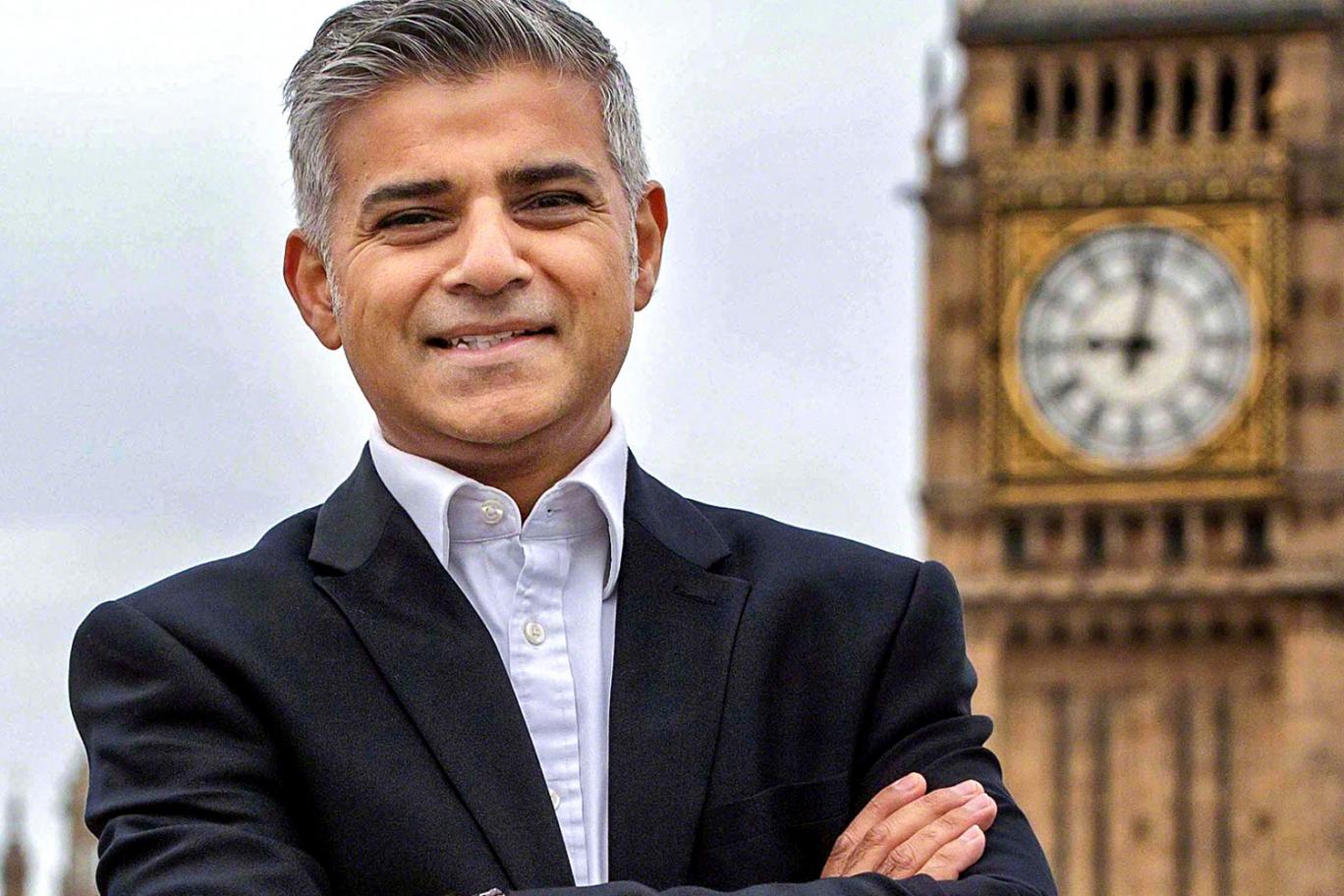 This week, Sadiq Khan announced that the first stage of Energy for Londoners would be continuing Boris’s controversial License Lite scheme. Platform is part of the Switched on London campaign, so we’re cross-posting 3 reasons why this is not the ‘Energy Revolution London’ needs.
This week, Sadiq Khan announced that the first stage of Energy for Londoners would be continuing Boris’s controversial License Lite scheme. Platform is part of the Switched on London campaign, so we’re cross-posting 3 reasons why this is not the ‘Energy Revolution London’ needs.
With London lagging behind other major European cities on clean energy, and with one million of us struggling in fuel poverty in the winter, the capital is in need of some fresh thinking on energy, fast.
That’s why Sadiq Khan’s plans for a new non-profit energy company — Energy for Londoners (EfL) — seems like very welcome news. Following months of campaigning by Switched On London, Sadiq has committed the GLA to learning from councils in Nottingham and Bristol, which have set up new public energy utilities to cut fuel bills and cut polluting emissions.
It was, then, concerning to hear Monday’s announcement by the new mayor, that the first stage of EfL will be thecontroversial License Lite energy scheme initiated by previous mayor Boris Johnson. License Lite will see the GLA partner with a third-party energy supplier in order to sell on low-carbon energy generated in the capital to power large institutional consumers such as TfL and the NHS.
EfL could deliver the energy revolution that Sadiq has promised. But to do this, it has to go much further than repackaging Boris’s dodgy deal. Switched On London are calling on Sadiq to scrap plans for License Lite and get on with building the real solution: a fully public energy supply company that is clean, affordable and democratic.
Here’s three reasons why License Lite is not the answer…
- It’s a dodgy partnership with mistrusted mega-utility nPower
While the GLA have still yet to announce it officially, information obtained from within the GLA by Switched On London reveals that License Lite will see the GLA partner with German utility giant RWE nPower (later confirmed in this Green Party report). nPower have faced scandal after scandal in recent years – from tax avoidance, to dreadful customer service and excessive profiteering.
The partnership will see nPower providing billing and administration for the scheme, tasks they’ve proved singularly bad at in their own business. In return, nPower will take home a tidy profit from what is being billed as a non-profit initiative.
- It’s no answer to fuel poverty
License Lite is purely about providing power to large institutional consumers – TfL, the NHS, the Metropolitan Police – not ordinary London households.
While Nottingham have cut hundreds off their constituents bills through Robin Hood Energy – a fully public company – License Lite will do nothing for the one million Londoners in fuel poverty, struggling between heating and eating in the winter.
EfL should follow Robin Hood in functioning as a fully public domestic supply company, with a commitment to affordable tariffs, investment in energy efficiency and tackling fuel poverty. License Lite is no help in this regard.
- It’s a distraction plagued by delays and setbacks
License Lite has been under development for over five years, and still no License has been officially granted.
Within this time period, two local authorities – Bristol and Nottingham – have set up their own fully licensed supply companies, Without private sector partners in these initiatives, prices are fully under local authority control, and money can be saved without the need to offer a third party a share of the revenues.
In the words of the lead officer of Bristol City Council, who has successfully overseen the establishment of fully public Bristol Energy:
“The GLA has been trying to do [Licence Lite] for the last four or five years and hasn’t really got anywhere. It’s not an area I would encourage any local authorities [to try].”